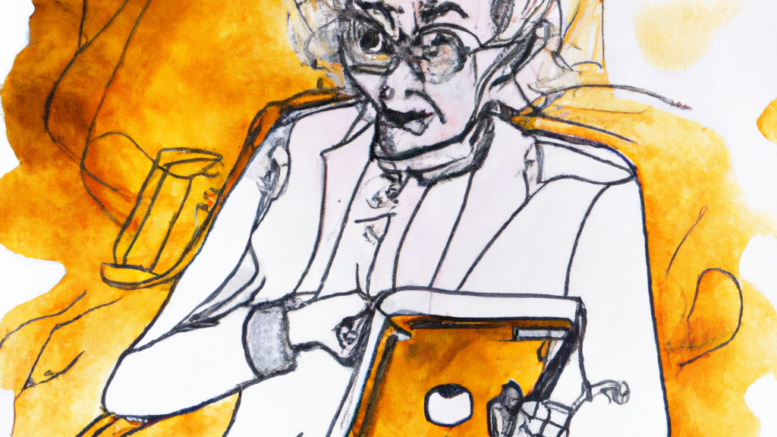As the population ages, the need for technology that can help enhance the cognitive abilities of the elderly has become increasingly important. Advances in artificial intelligence (AI) have opened up new possibilities for improving the mental health of older adults. In this article, we will explore two key ways that AI is being used to boost brainpower and improve cognitive health for the elderly.
Boosting Brainpower: AI’s Potential for Elderly Mental Health
AI is increasingly being used to develop tools and interventions that can help seniors maintain and improve their cognitive abilities. For example, researchers are exploring the use of AI-powered games and apps that can stimulate cognitive function, such as memory, attention, and problem-solving skills. These tools can offer a fun and engaging way for seniors to stay sharp and combat cognitive decline.
Another potential use of AI in elderly mental health is in the area of personalized medicine. AI algorithms can analyze large amounts of data, including medical records, genetic information, and lifestyle factors, to develop individualized treatment plans for seniors. This could include recommendations for diet, exercise, and cognitive activities that are tailored to each person’s unique needs and health profile.
From Memory to Creativity: How AI Can Improve Cognitive Health for the Elderly
AI has the potential to enhance cognitive health for the elderly in a variety of ways beyond traditional memory games and puzzles. For example, AI-powered chatbots can engage seniors in conversations, helping them to maintain social connections and combat loneliness – a key risk factor for cognitive decline. Similarly, AI-powered music apps can help seniors to improve their mood and cognitive function by playing customized playlists based on their preferences and mood.
AI can also help seniors to tap into their creative abilities. For example, AI-powered art and music tools can help seniors to express themselves and explore their artistic side, even if they have no prior experience with these disciplines. This can provide a sense of purpose and fulfillment for seniors, which can improve their overall cognitive health and well-being.
In conclusion, AI has enormous potential to enhance the cognitive health of the elderly. From personalized medicine to creative pursuits, AI-powered tools and interventions can provide seniors with new ways to combat cognitive decline and maintain their mental sharpness. As the field of AI continues to evolve, we can expect to see even more exciting developments in this area in the years to come.

